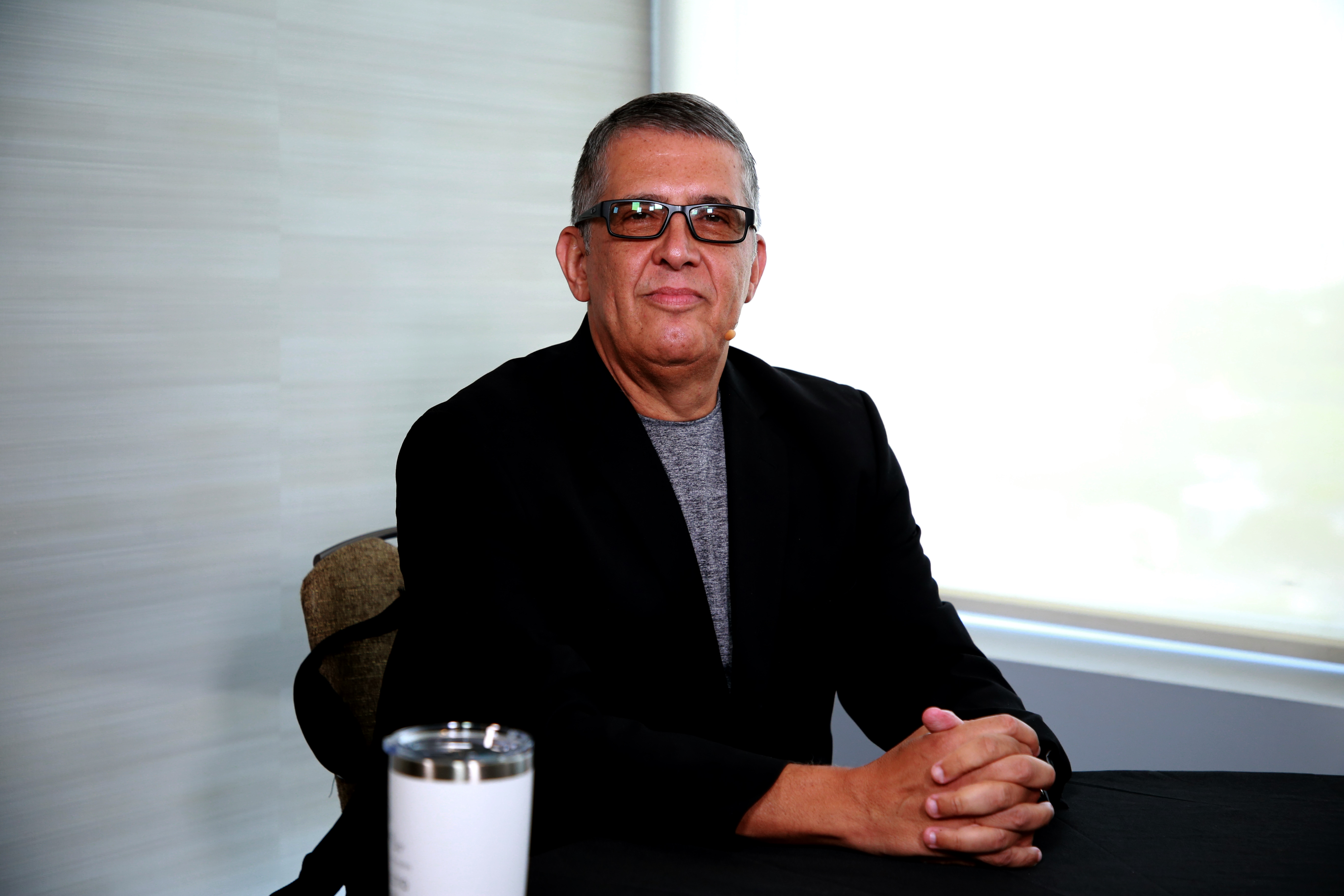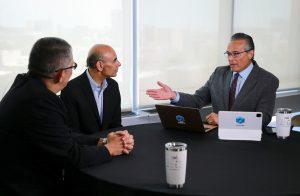 AI
AI
 AI
AI
 AI
AI
Generative artificial intelligence has upended every responsibility in the technology world and is making a big impact on chief data officer role evolution. Where the first chief data officers were just involved in areas such as data quality, they’re now embracing AI.
Some might yearn for a world in which one executive is tasked with data analytics, AI and company transformation. But some organizations might have one chief data officer, another chief AI officer and a CIO, all of whom may not always play well together, according to Mario Faria (pictured), Chief Data and AI Officer Program professor at Carnegie Mellon University.

Carnegie Mellon University’s Mario Faria talks about the changing role of the chief data officer.
“What we try to teach in our program is … how the role should be, the main responsibilities, how the leaders should be putting a plan together that’s driving companies on their mission to reduce costs or gain more money or improve productivity and, most important, have a less risky approach to AI,” he said.
Faria spoke with theCUBE Research’s Dave Vellante and Sanjeev Mohan at the CDOIQ Symposium, during an exclusive broadcast on theCUBE, SiliconANGLE Media’s livestreaming studio. They discussed chief data officer role evolution and the integration of AI into data strategies.
In this new world, it’s not yet clear whether an AI leader should also be a technical leader. Being technical helps, but it’s not mandatory, according to Faria.
“The best chief data officers and CIOs that I have met in my life, they did not have a technical background. They were able to understand,” he said. “They were able to put together an organization with skills that would help the company to achieve their results.”
Culture is a critical subject to keep in mind. It’s important to seriously consider the good, the bad and the ugly of building a data culture, Faria added.
“You cannot build a data culture unless you understand the current moment of the culture of your company. Are the leaders prepared for a change? Do you need to do an extensive program?” Faria asked. “How change management will take a role on that transformation?”
If things are not handled properly, change can bite back given the fact that companies are dealing with human beings. Even those at the very top of the ladder are not guaranteed success, Faria pointed out.
“Even if a CEO sometimes tries to push down, he or she might not be able to do that because a lot of things are so intrinsic there — a lot of old behaviors,” he said. “I like to say that culture is what you do when the doors are closed and the lights are off.”
There’s also a number of philosophies these days around whether or not a company should have a chief AI officer. It depends, according to Faria.
“Are they already doing the right things with data, good quality processes, good governance? Are they exploring analytics at scale?” he asked. “If so, maybe they’re ready to take the jump and appoint someone being responsible for AI. Maybe they’re not doing the basic things, so they should be doing a lot of groundwork, the foundation that will allow them to explore AI further.”
Here’s the complete video interview, part of SiliconANGLE’s and theCUBE Research’s coverage of the CDOIQ Symposium:
Support our mission to keep content open and free by engaging with theCUBE community. Join theCUBE’s Alumni Trust Network, where technology leaders connect, share intelligence and create opportunities.
Founded by tech visionaries John Furrier and Dave Vellante, SiliconANGLE Media has built a dynamic ecosystem of industry-leading digital media brands that reach 15+ million elite tech professionals. Our new proprietary theCUBE AI Video Cloud is breaking ground in audience interaction, leveraging theCUBEai.com neural network to help technology companies make data-driven decisions and stay at the forefront of industry conversations.